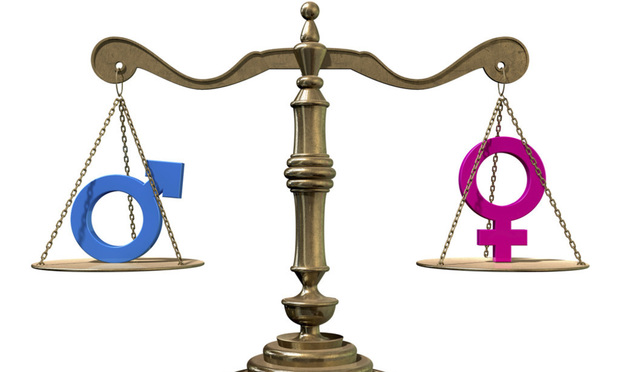Equal pay for equal work is by no means a new concept. Achieving pay equity, defined as eliminating sex (and other) discrimination in the wage-setting system, has been debated for decades. Recently, however, pay equity has become a significant public issue, prompting many state and local governments to enact legislation aimed at eliminating pay disparities, with a strong focus on closing the gender wage gap. To date, attempts to pass pay equity legislation in New Jersey have been unsuccessful. However, with the recent election of Phil Murphy as governor, pay equity legislation in New Jersey appears almost certain.
Pay Equity and the Equal Pay Act
The federal Equal Pay Act (EPA), the first significant pay equity legislation in the United States, was enacted in 1963, and makes it unlawful for employers to pay men and women differently for “equal work” performed under “similar work conditions” at the same establishment. An employer may defeat an EPA claim by showing that the pay differential is based on “seniority, merit, a system which measures productivity based on the quality or quantity of production, or any factor other than sex.” 29 U.S.C. §206. Although progress has been made at narrowing the pay gap since the EPA’s passage, the act’s effectiveness has been limited. The legal standards necessary to prevail on a claim, such as the “equal work” and same establishment requirements, impose hurdles for plaintiffs, and the catch-all “any factor other than sex” defense has been used effectively by employers to defeat EPA claims. As of 2016, women were paid on average 80.5 cents for every $1.00 a male earned. Ariane Hegeswisch, Emma Williams-Baron, The Gender Wage Gap: 2016; Earnings Differences by Gender, Race, and Ethnicity, Institute for Women’s Policy Research (Nov. 16, 2017). The gap is even wider for African American and Latina women, who earn about 63 cents and 54 cents, respectively, for every $1.00 earned by men. Id. Given continuing pay disparities, states and localities have enacted new or strengthened existing pay equity laws to close the gap.







